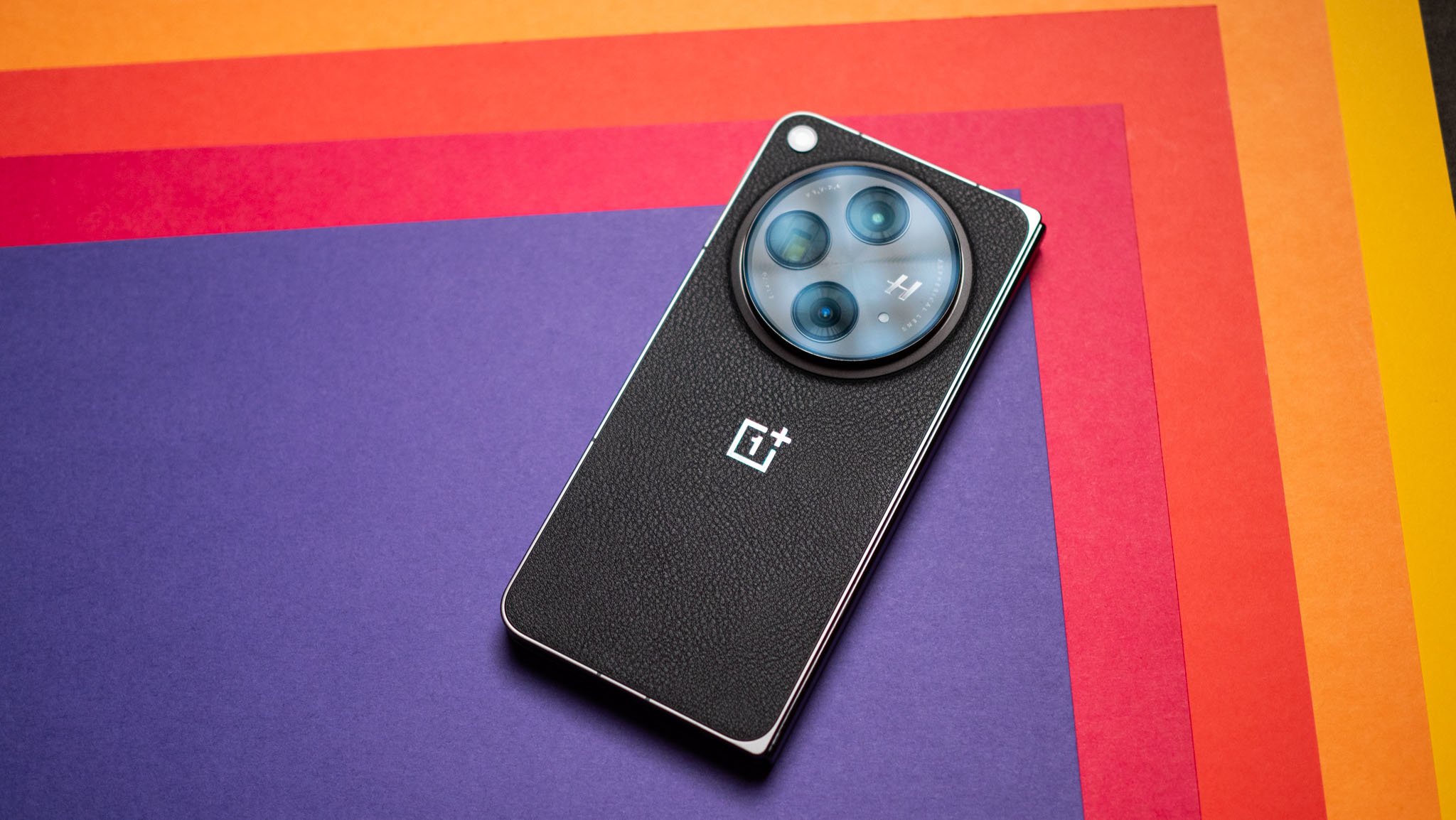
It wasn't that long ago that fans of the best folding phones rejoiced that the market finally got competitive. It wasn't just Samsung resting on its laurels, making minor changes to the Galaxy Z Fold and Flip lines each year. There were new companies literally entering the fold, like Google and OnePlus. And that's all just North America. Huawei, Vivo, Xiaomi, and TECNO are all doing great things in Europe and Asia.
Recently, a report from Ma Guangyu at 163.com in China claimed that a major company won't be releasing a large foldable in 2025. While the exact company wasn't named, narrowing down the possibilities isn't difficult. Samsung and Google are obviously going to continue making foldables, and Huawei and Xiaomi are likely to as well. The attention then turns to Vivo, OPPO, and OnePlus by extension.
OnePlus' first foldable phone, the OnePlus Open, is a big reason why the North American market for foldables quickly became competitive. The word first is a bit of a stretch, though — it's important to remember that the Open is essentially a rebadged version of OPPO's Find N3 foldable.
OnePlus and OPPO have a complicated corporate structure, but the two companies combined hardware and research teams in 2021 and share a common software codebase. Effectively, the two companies act as one. That's why it's somewhat alarming that neither OPPO nor OnePlus have released a new foldable phone since 2023. (OnePlus' 2024 iteration of the Open, the Apex Edition, is hardly a new device.)
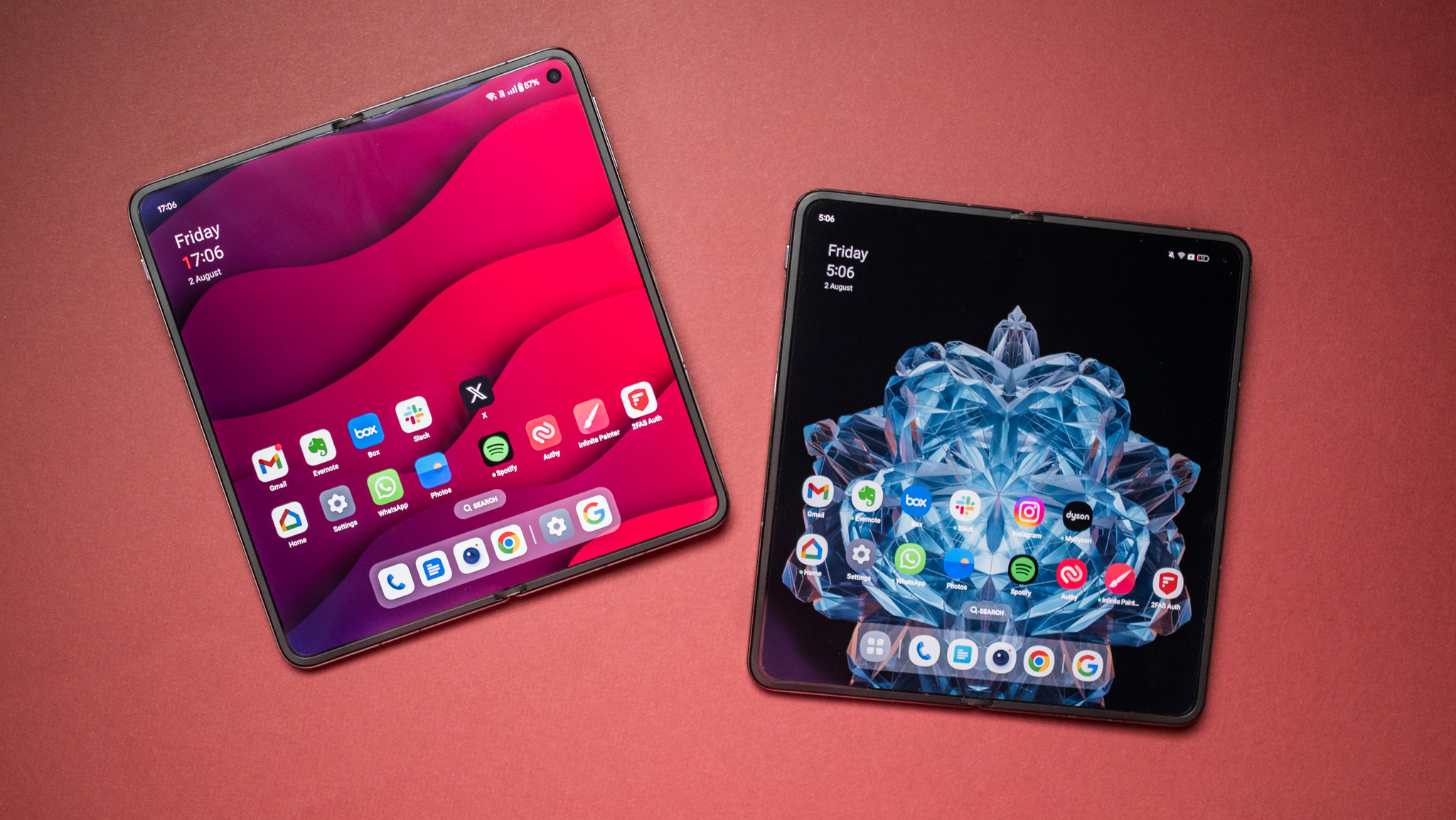
While Vivo didn't release a small clamshell foldable in 2024, it did release two new large ones. The Vivo X Fold3 and X Fold3 Pro debuted this year and were extremely well-received by reviewers, including Android Central's own Harish Jonnalagadda. Meanwhile, OPPO hasn't launched a foldable of any kind since 2023, making it the most likely company to be considering taking the axe to its folding phone business. After all, it already nixed plans to make a OnePlus Open 2 this year, instead choosing to discount the current OnePlus Open while selling the Apex Edition model at a premium.
And while reviewers raved about the OnePlus Open (and the OPPO Find N3), that doesn't necessarily mean it sold well. A report from Counterpoint Research analyzing foldable sales in Q1 2024, shortly after the Open's release in October 2023, revealed that neither OPPO nor OnePlus cracked the top four companies in global foldable shipments. Huawei, Samsung, Honor, and Motorola were all ahead of OPPO and OnePlus.
Android Central has reached out to OPPO and OnePlus for comment and details on their foldable plans and will update the article when they respond.
That said, the impact of OnePlus' entrance into the North American foldable market can't be understated. If nothing else, it pushed Google and Samsung to improve their offerings. Samsung made the aspect ratio of the Galaxy Z Fold 6 a bit wider to match consumer trends and the positive reception to the Open's wide cover screen.
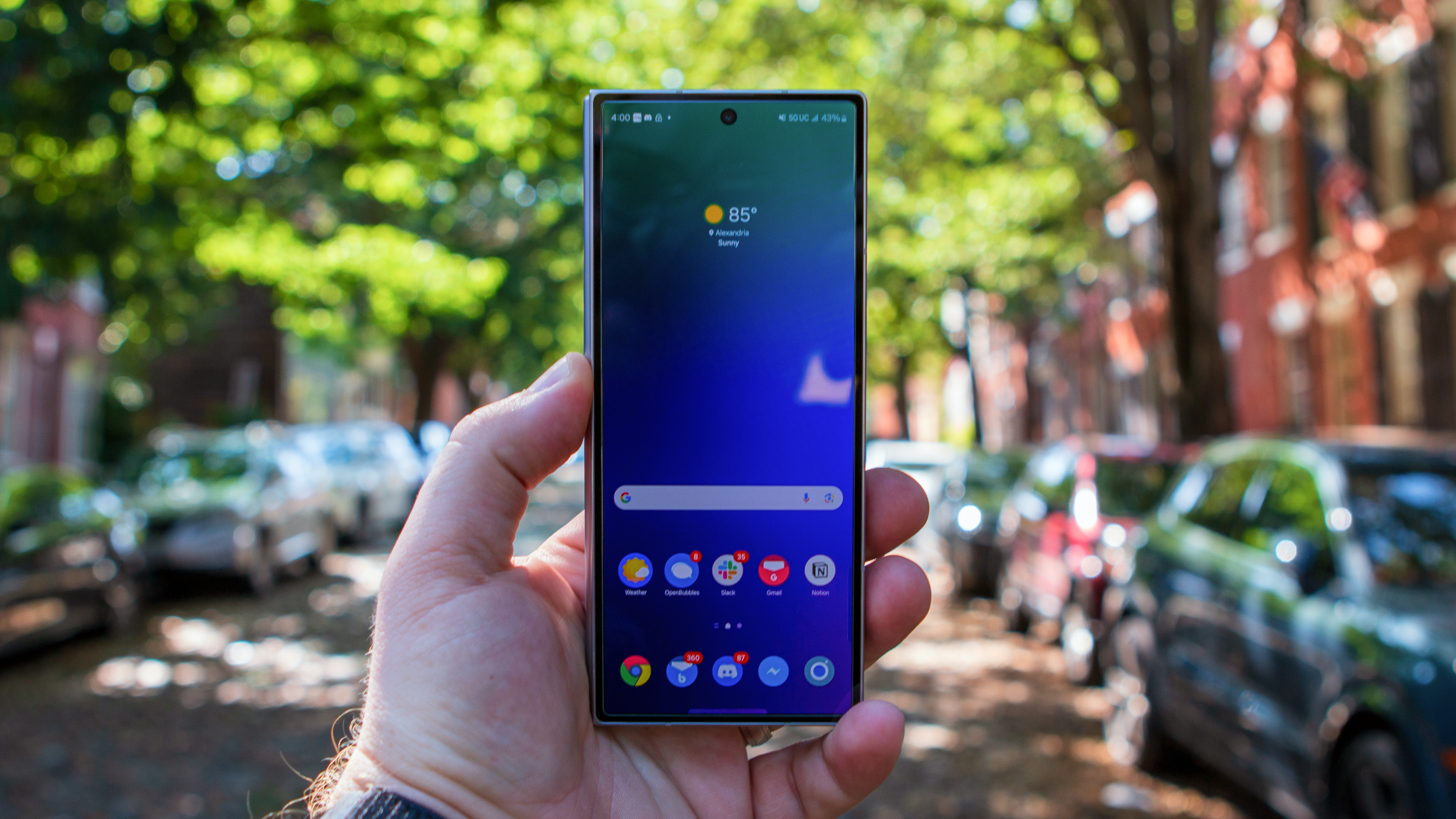
Google arguably took even more inspiration from the OnePlus Open when designing the Pixel 9 Pro Fold, which feels like a multi-generational leap over the original. The book-style form factor of the Pixel Fold was ditched completely for a taller aspect ratio that looks eerily similar to the OnePlus Open. Don't believe me? Have a look for yourself:
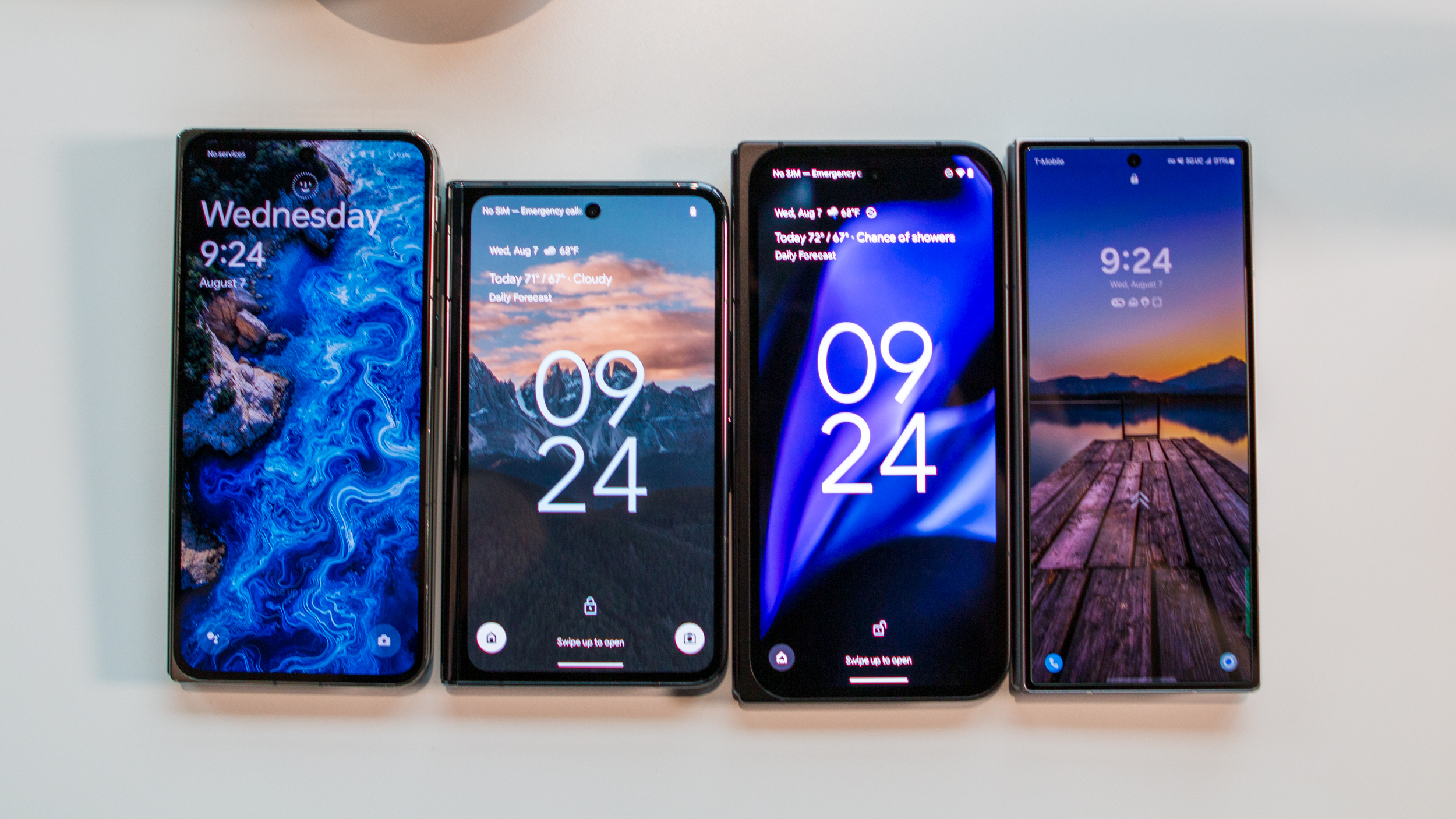
Often, tech enthusiasts and fans of a particular brand will mistakenly think of copying as a bad thing. That couldn't be further from the truth. As consumers, we want companies to copy each other. If Samsung steals what was great about the OnePlus Open and Pixel 9 Pro Fold, the next Galaxy Z Fold device becomes better overall. OnePlus and Google are free to do the same, and so on. Eventually, we're left with a handful of great phones that have all improved due to the strides that each company made individually.
Time and time again, tech conglomerates have proved that they won't innovate unless their hand is forced. Foldable phones are a great example of this, and more specifically, the Galaxy Z Fold line. Samsung didn't begin making major changes to the Galaxy Z Fold until the OnePlus Open and Pixel Fold shook up the North American market. In Asia, the company released its best foldable ever, the Galaxy Z Fold 6 Slim (or the Galaxy W25 in China).
Why aren't the Galaxy Z Fold 6 Slim or the Galaxy W25 available outside of Korea and China, respectively? It's hard to know for sure, but I'd wager that it's because the competition is tougher in those markets. Huawei, Vivo, Xiaomi, and TECNO are all making cutting-edge foldables there, and Samsung needed a better option to compete. In the US, Samsung would be happy to sell you the regular Galaxy Z Fold 6 for $1,900.
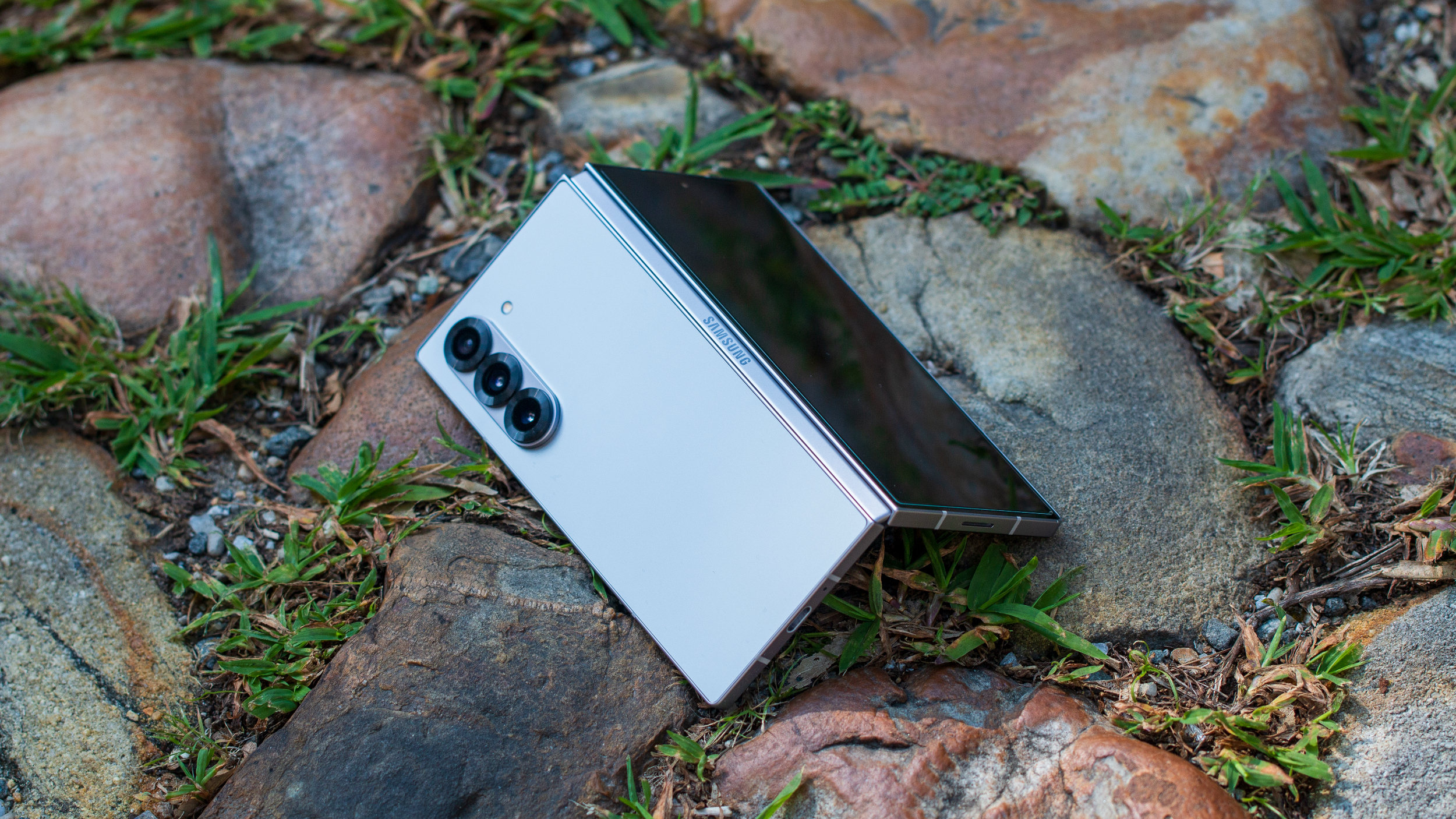
There's still more worth copying. The OnePlus Open introduced an Open Canvas multitasking feature that should quickly become the industry standard, and it's now coming to the OnePlus Pad. But if OnePlus never made a foldable, perhaps we'd never see it. In just a few generations, OPPO and OnePlus seriously shook up the folding phone market, even if they didn't sell well.
We still don't know exactly which major brand could be considering an exit, and the report claims Transsion, the conglomerate that makes budget foldables under the TECNO brand, also ceased foldable development. That would also be a strange move, following the recent release of two well-received "affordable" foldables and the reveal of its tri-fold concept.
Android Central has also reached out to TECNO for comment on its foldable plans and will update the article if we hear back. And while Transsion leaving the foldable market doesn't make sense to me, at the end of the day, it's the financials that lead to these decisions.
But if the report is accurate, and OnePlus and OPPO end up being the companies that cancel plans for a new foldable, we'll be right back where we started — desperately craving more competition and innovation in this emerging market.







